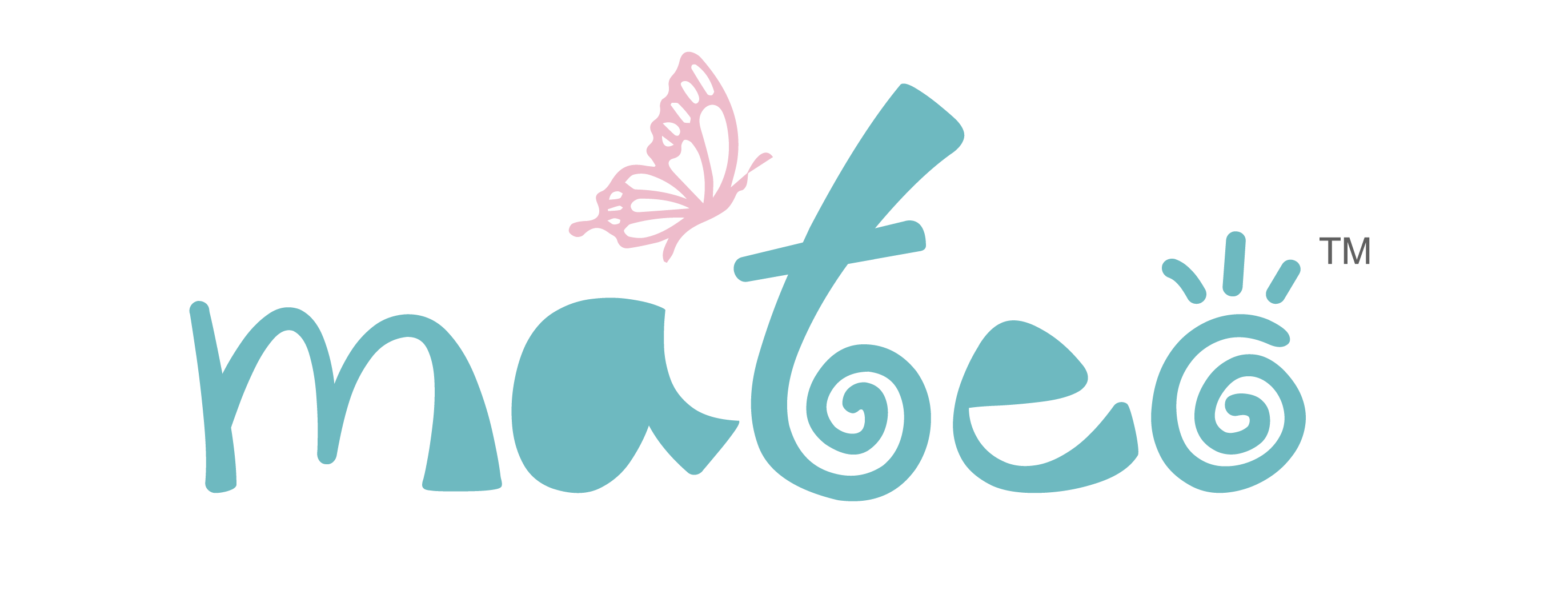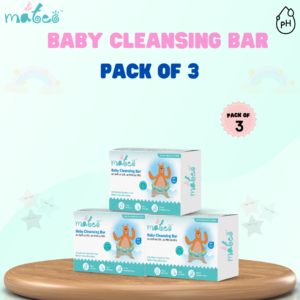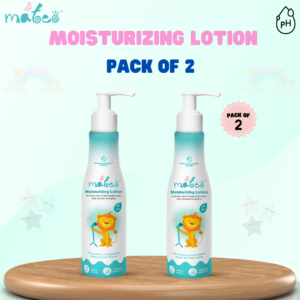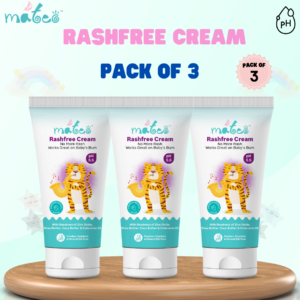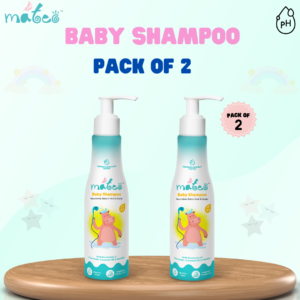
The Role of Father’s in Mother-Baby Bonding
Table of Contents
- Supporting Mothers During Pregnancy, Labor, and Delivery
- The Importance of Father Bond with Baby
- Understanding Kangaroo Care
- Dispelling Myths Regarding Mother-Child Bonding
- How to take care of a newborn baby?
- Fathers involvement: How to choose baby care products?
- Conclusion
For moms and dads alike, being a parent is an amazing and life-changing experience. Although mothers have historically been the primary carers for infants, males have been more and more involved in childcare and parenting in recent years. We’ll look at the vital role of father in mother-baby bonding in promoting breastfeeding and developing a link with their babies in this post. At the University of Chicago Medicine Comer Children’s Hospital, we will hear from trained child life specialists who stress the importance of fathers in developing the mother-baby link and provide insightful advice on how fathers should actively interact with their newborns.
Supporting Mothers During Pregnancy, Labor, and Delivery

Throughout the entire pregnancy, labour, and delivery process, fathers are extremely important. They are critical parts of the care team, providing their partners with much-needed emotional support. Fathers are in a position to support their partner’s preferred birth plan and skillfully convey their partner’s needs to the medical staff throughout labour and delivery. This advocacy ensures the mother’s delivery experience is in line with her preferences, which gives both parents a good and empowering environment.
Fathers might also assume duties including informing other family members of changes and organising the care of older children. As kids share this important life event, their involvement during labour and delivery not only makes the mother’s experience easier but also enhances the link between parent and child.
The Importance of Father Bond with Baby
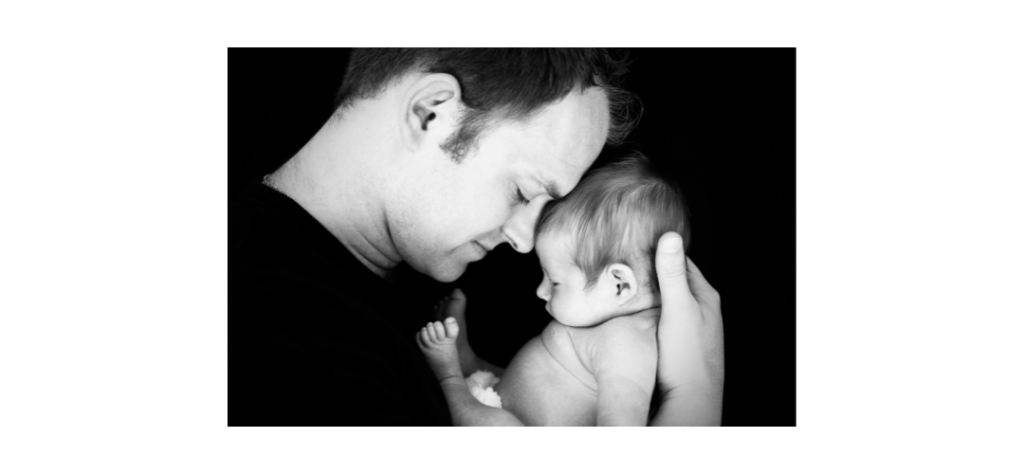
Fathers bond with babies consistently in the early years of life, laying the groundwork for a lifetime bond. A baby learns to recognise its father’s voice even before they are born. To improve the parental bond and promote language development, fathers should take advantage of this chance to read to or converse with their infants. Once the baby is born, fathers can actively engage in baby care, including changing diapers, offering bottle feeds, and participating in activities such as rocking, holding (including skin-to-skin contact), soothing, and playing with their newborns. These interactions provide valuable opportunities for the father to bond with the baby, creating an emotional connection that will endure.
Understanding Kangaroo Care
The practice of “kangaroo care,” in which a parent or other caregiver holds their newborn on their chest, skin-to-skin, has several advantages for both dads and infants. By doing this, the caregiver creates a calming and reassuring atmosphere for the infant by letting them hear their voice and heartbeat. Although it is typically linked with moms, fathers may and ought to take part in the baby care of kangaroos as well.
Fathers who touch their infants on the skin produce hormones that improve mood, fostering a closer link between parent and child and easing the infant’s distress.
Dispelling Myths Regarding Mother-Child Bonding
The prevailing perception in society is that mothers bond more strongly than fathers bond with babies. The idea that moms need to take parental leave and advertising both contribute to the perpetuation of this notion. It is imperative, nonetheless, to critically evaluate this supposition and investigate the available scientific data.
Studies have indicated that parent-child relationships can start even before a kid is born. The emotional attachment between parents and their unborn child, known as antenatal bonding, is frequently used as a predictor of the relationship between a newborn and mother. However, the data is conflicting and equivocal when it comes to the relationship between prenatal attachment and postnatal conduct.
Furthermore, although women have been the subject of the majority of this field’s study, dads also form prenatal ties with their unborn children. Experiences with adoption and surrogacy also show that the parent-child bond is unaffected by not becoming pregnant.
When dads and mothers engage with their infants, oxytocin, often known as the bonding hormone, is known to be released in both cases. When fathers engage with their newborns, their oxytocin levels rise in a similar way to that of mothers. Fathers and mothers may, however, engage differently in ways that cause the release of oxytocin.
Studies show that dads’ time with their child influences their capacity to recognize their own infant’s screams and their hormone reactions to those sounds. The degree to which parents are able to decipher their infant’s intentions and thoughts is a good indicator of how secure the kid will eventually feel in their relationship with them.
How to take care of a newborn baby?
Let’s see the practical tips on fathers bonding with newborns. Though it can be difficult, bonding with a newborn has a significant influence on the baby’s mental and physical health. For new dads, it is an important process. Studies have demonstrated the favourable effects and better development of children in a number of domains that dads who actively bond with their babies have on them. Fathers may strengthen their relationship with their babies by using these helpful tips:
1. Become Involved in Daily Baby CareTake part in daily baby care tasks including bathing, changing diapers, and helping with feeding. Engaging in these activities offers chances for interaction and physical proximity, strengthening the link between participants.
2. Interact with Your NewbornAllow yourself to be in close proximity to your infant. In order to facilitate both physical and emotional warmth, this technique entails holding the infant on your naked chest. Reduced stress and enhanced brain development are only two of the many advantages it offers the infant.
3. Converse and sing with your infant Even at one week old, babies can identify sounds. Even before they are born, chatting and singing to your infant on a regular basis helps them get acquainted with your voice and enhances language development.
4. Keep your prenatal doctor’s appointments Go with your spouse to check-ups so you can see ultrasound pictures and hear your baby’s heartbeat. Your participation allows you to better comprehend the pregnant experience while also fostering connection.
5. Provide Emotional Support Be emotionally present and helpful during labour and delivery. Advocate for your partner’s birth plan and convey her requirements to the medical staff to ensure a pleasant delivery experience.
6. Learn About Your Baby’s Development: Educate yourself on your baby’s growth and developmental milestones. Understanding what your infant is going through and achieving might help you connect on a deeper level.
7. Participate in Prenatal courses: Attend prenatal courses and parenting workshops. These programs will provide you with essential insights into infant care and parenting, boosting your confidence and competence as a father.
8. Read to Your Baby: You can build a strong relationship with your child by reading to them, even at a young age. In addition to fostering a loving atmosphere, it promotes language development.
9. Show Your Love Through Touch: Give your infant’s arms, legs, and stomach light rubs. It can be calming for you and your child to engage in physical touch, which also fosters emotional attachment.
Fathers involvement: How to choose baby care products?

Shared Responsibility and Harmonious Collaboration:
- Active male engagement provides shared parenting decision-making and responsibility.
- Encourages a cooperative caring collaboration between both parents.
Diverse Points of View and Contributions:
- Fathers add to the selection process various insights and preferences.
- Joint decision-making guarantees that the items or baby products chosen are compatible with the values of both parents.
Learning Experience and Self-Esteem:
- Choosing infant care items is an education for fathers.
- Increases confidence in caring and comprehension of the child’s specific requirements.
Inclusivity and Challenging Gender Roles:
- Father participation questions established gender norms in child-rearing.
- Reinforces the notion that both parents bear equal responsibility, hence promoting inclusion.
Improved Interaction and Honest Conversations:
- Making choices together promotes candid conversations about parenting philosophies and standards.
- Strengthens the bond between parents by improving communication between them.
Saving Time and Effort:
- Both parents can save time and work when they share responsibilities for selecting infant care goods.
- Particularly crucial while a baby is adjusting to a new schedule.
Strong Parental Bonds and a Helpful Environment:
- Strong emotional ties between dads and children are fostered when fathers participate in decision-making.
- Enhances the stability and inclusivity of the family context.
In addition to fostering a more equitable and encouraging parenting dynamic, this cooperative and inclusive style enriches the family.
Conclusion
Fathers bond with baby and his partner from pregnancy through infancy and beyond. There are many fathers who have this query in mind as a father about how to take care of a newborn baby. Fathers may actively assist their partners during labour and delivery and help them develop a close emotional bond with their babies.
A father’s participation in his child’s life can be greatly enhanced by the rewarding experience of bonding with a baby. Fathers may enjoy the benefits of fatherhood and help ensure their child develops normally on all levels—emotionally and physically—by doing baby care activities and following some helpful advice. Families can benefit from stronger and more satisfying bonds when the role of a father in mother-baby bonding is essentially involved.

Nivethitha Sridharan
Nivethitha is a mother of two children and has a great interest in writing as an experienced mother. She publishes educational and interesting articles on baby care and also assists parents in selecting the finest baby products for their baby’s skin and well-being. She focuses on infant skin care and health issues. She also provides suggestions and guidance on baby care and avoids common skin disorders in newborns. Nivethitha likes studying and writing about new and innovative ideas that might assist people in finding solutions to their problems. She feels that content writing is an effective means of communicating thoughts and information to the world.
-
Mateo Baby Cleansing Bar – 75gm (Pack of 3)
₹555.00Add to cart -
Mateo Baby Massage Oil – 100ml (Pack of 3)
₹585.00Add to cart -
Mateo Baby Moisturizing Lotion – 200ml (Pack of 2)
₹700.00Add to cart -
Mateo Baby Rashfree Cream – 60g (Pack of 3)
₹540.00Add to cart -
Mateo Baby Shampoo
₹395.00Add to cart -
Mateo Baby Shampoo – 200 ml (Pack of 2)
₹790.00Add to cart -
Mateo Baby Shampoo and Mateo Massage Oil(Combo Pack)
₹590.00Add to cart -
Mateo Baby Shampoo and Mateo Rashfree Cream(Combo Pack)
₹575.00Add to cart
